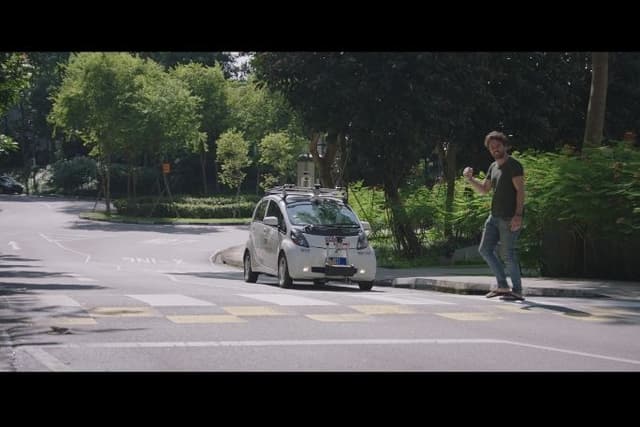
2040 - Transport and Liveability
Lesson4 of 4 in this unit
SecondaryYear 7 - 8Humanities and Social SciencesGeographyEnvironmentalSustainabilityEconomicDesign ThinkingIndustry, Innovation and Infrastructure
Summary
Lesson guides and printables
Lesson Plan

Student Worksheet

Teacher Content Info
